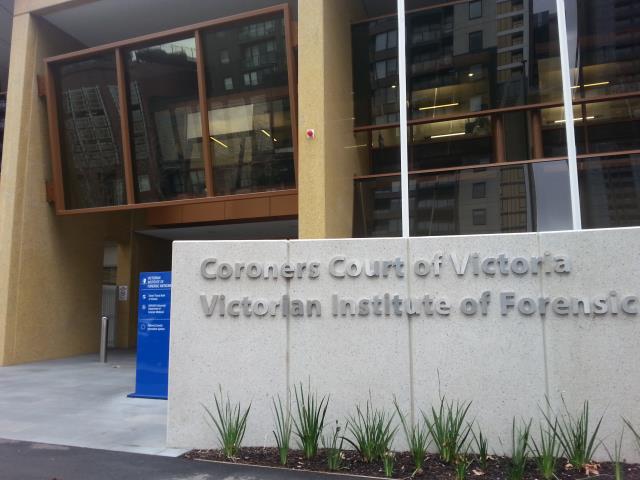The Department of Health is reminding Victorians of the need to get tested for STIs.
As lockdown restrictions ease further there will be greater opportunities for Victorians of all ages to socialise, which means an increase in intimacy for many.
The Department of Health’s executive director of public health, Maria Bubnic, said anyone can get or have an STI if they’re having sex and even if they practice safer sex some of the time.
“During STI Testing Week from 17 – 23 October, we want all Victorians to look after their sexual health and talk to their GP, nurse or health worker about getting a sexual health test,” Ms Bubnic said.
“If you are having sex you should be getting a regular sexual health test every 12 months, or earlier if you are planning a baby.
“Sexual health testing decreased last year during lockdowns, and again this year.
“This means people may have an undiagnosed STI and potentially be at risk of passing an STI onto a partner.”
Ms Bubnic said said there are many types of STIs, most curable and all treatable. STIs include HIV, gonorrhoea, syphilis and chlamydia and blood-borne viruses such as hepatitis B and hepatitis C.
“If left untreated, STIs can cause long term effects on the body, including infertility,” she said.
“It’s highly important people re-engage with their sexual health care as restrictions ease – remember, seeing your GP is one of the reasons people can leave their home when Covid-19 restrictions are in place,” Ms Bubnic said.
Congenital syphilis, where a baby is born with infectious syphilis, is an emerging public health issue in Victoria.
Syphilis can cause miscarriage and serious birth abnormalities in the baby, including stillbirth.
Cases have increased over the past two years, including two foetal deaths.
This is a timely warning for people planning or having a family to get tested to ensure babies are born healthy and well.
“During STI Testing Week we are highlighting the importance of regular testing, where and how often to get tested and why it is good to talk about your sexual health with your GP, nurse or health worker,” Ms Bubnic said.
“It is estimated that around one in every six people will get an STI in their life – and most won’t even know it.
“That’s why getting regular sexual health tests is so important,” Ms Bubnic said.
Confidential sexual health testing is available from your local doctor, community health services, Aboriginal Community Controlled Health Organisations, family planning and specialist sexual health clinics.
Tests are quick, easy and confidential.
For more information visit www.betterhealth.vic.gov.au/STI







